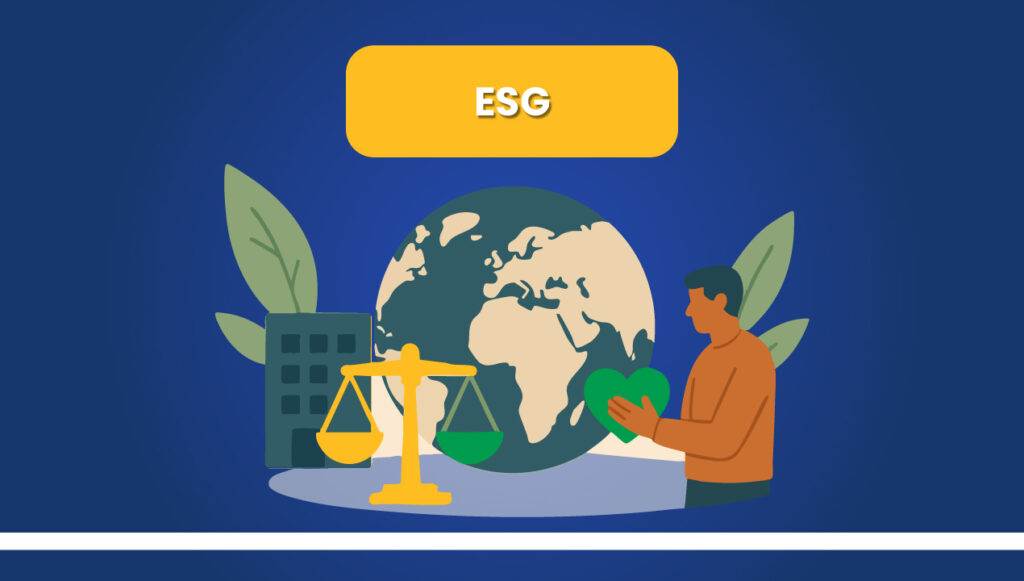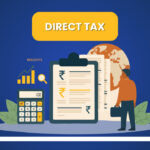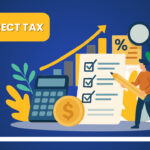Why ESG Reporting Is More Than a Trend—It’s a Global Business Imperative
As sustainability becomes a core pillar of modern business strategy, Environmental, Social, and Governance (ESG) reporting is rapidly evolving from a voluntary initiative to a regulatory requirement across global markets. In today’s climate-conscious economy, businesses are under growing pressure from investors, regulators, and consumers to demonstrate transparency and accountability on environmental and social issues.
This article explores the latest developments in ESG reporting frameworks, including the introduction of the IFRS Sustainability Disclosure Standards (IFRS S1 and S2) by the International Sustainability Standards Board (ISSB), the European Union’s push for limited assurance in sustainability disclosures, and India’s mandatory BRSR (Business Responsibility and Sustainability Reporting) requirements. With global and regional standards converging, professionals—especially Chartered Accountants—are uniquely positioned to lead ESG reporting and assurance efforts.
Key Highlights:
- The launch of global standards IFRS S1 and S2 for ESG disclosures, endorsed by IOSCO.
- India’s phased implementation of BRSR Core for top listed companies, including value chain reporting and assurance.
- Emerging roles and opportunities for accounting professionals in ESG assurance, compliance, and strategy.
- ESG assurance frameworks like ISAE 3000(R) and the proposed ISSA 5000 enhancing the credibility of sustainability data.






